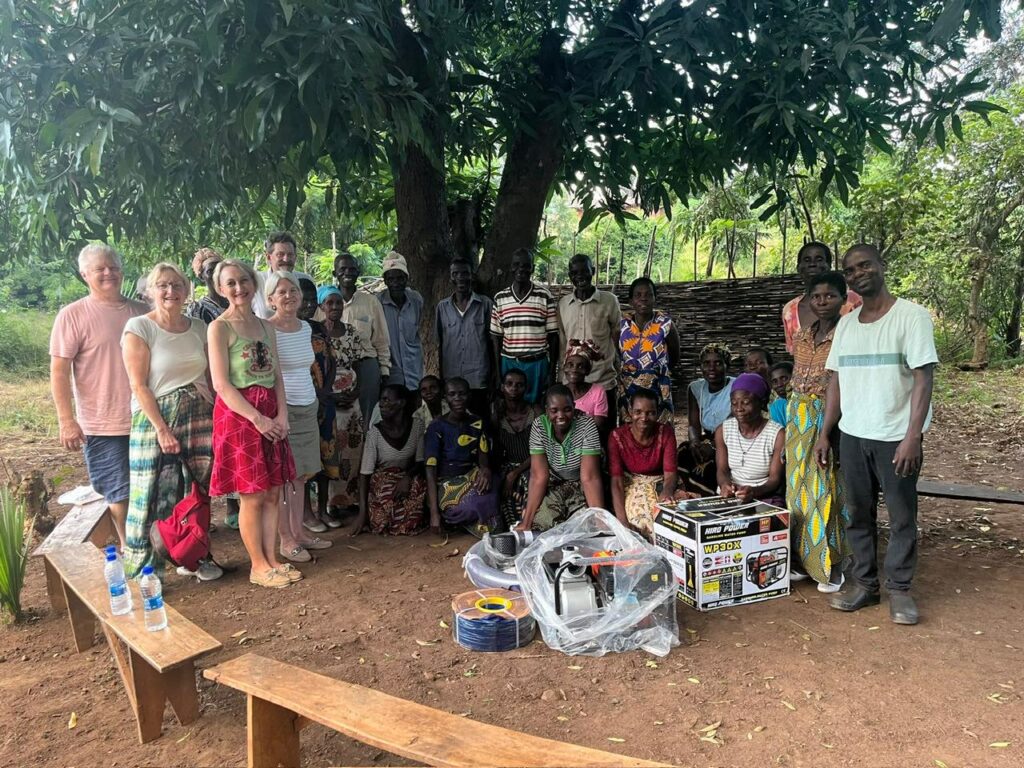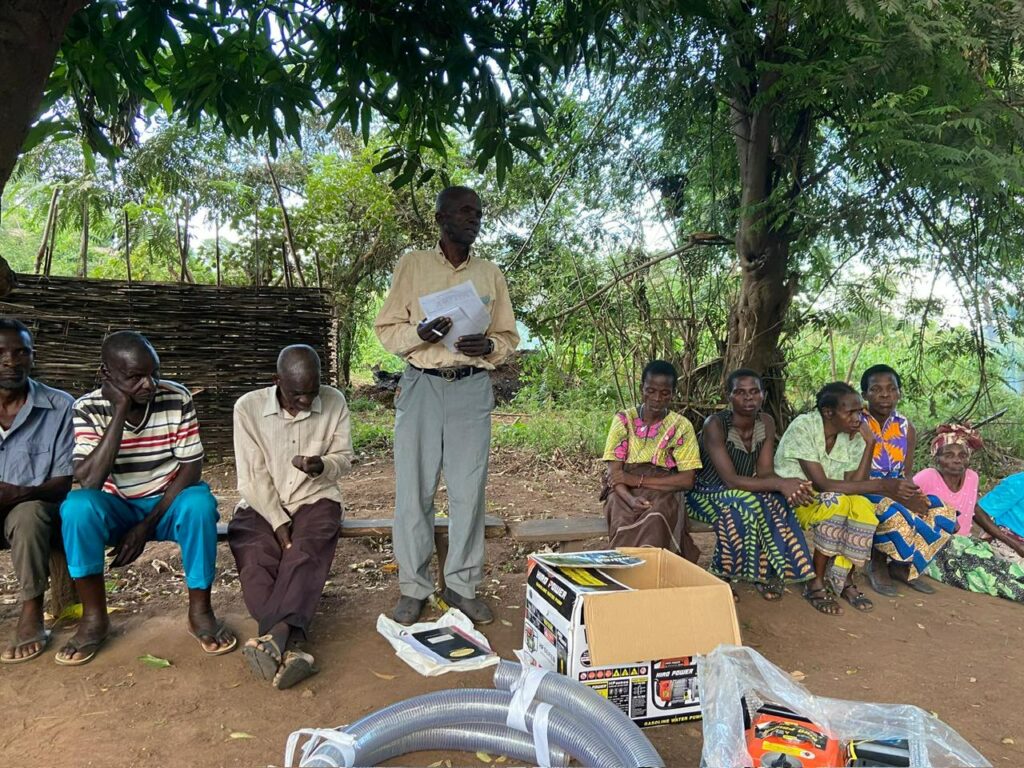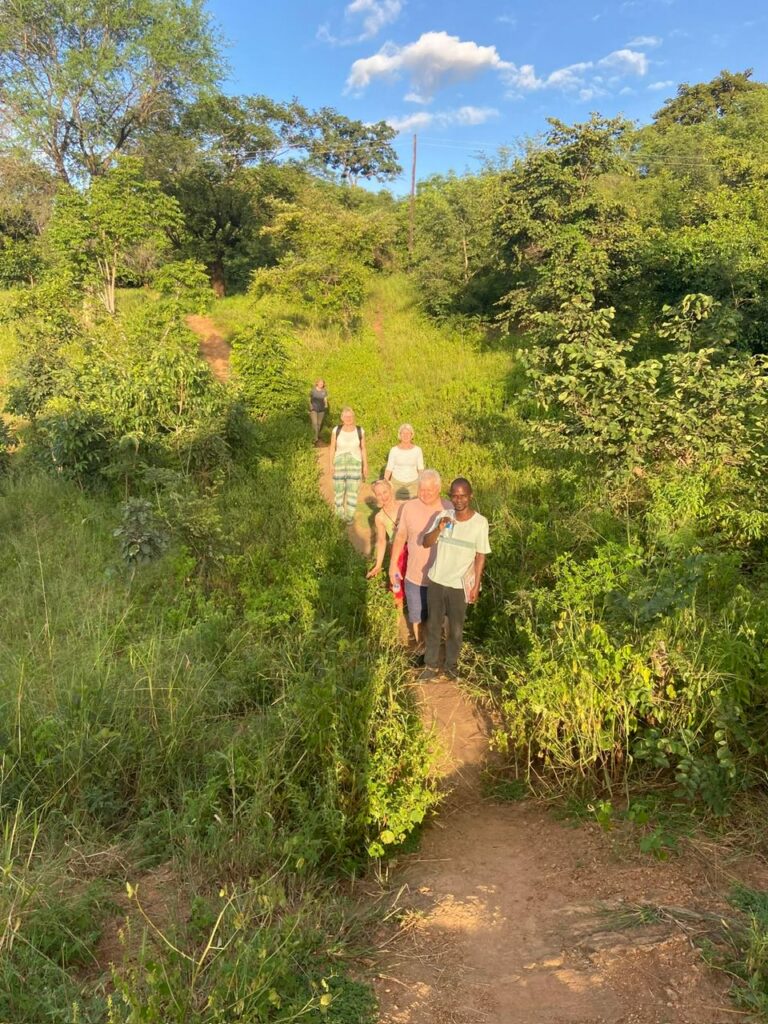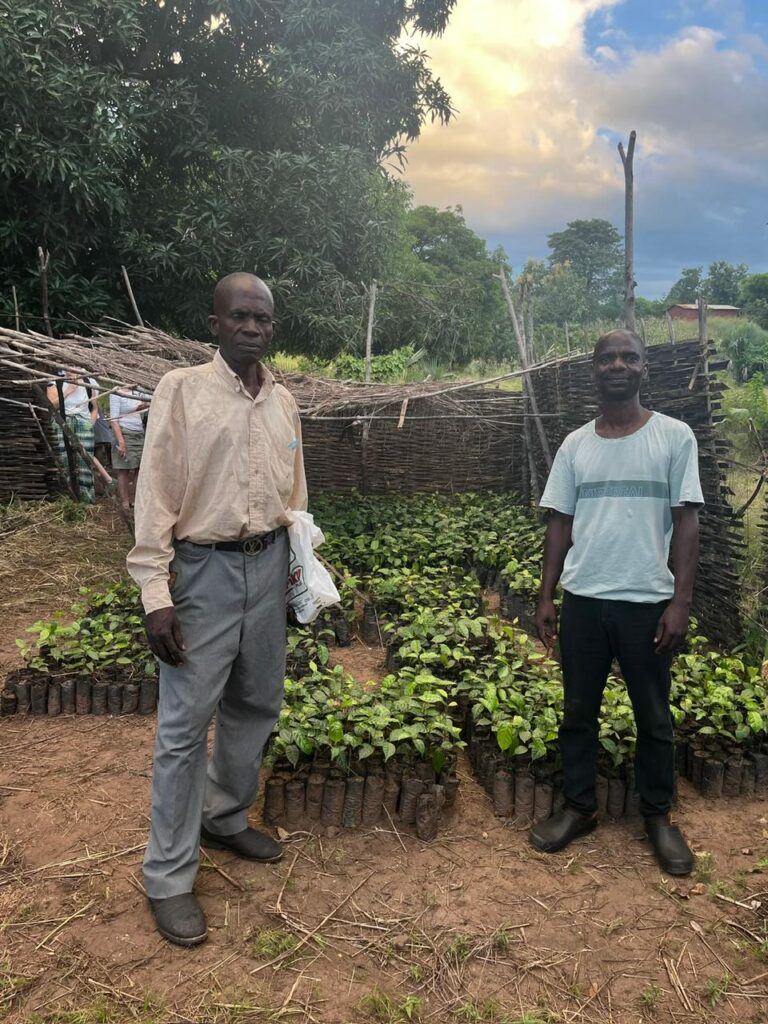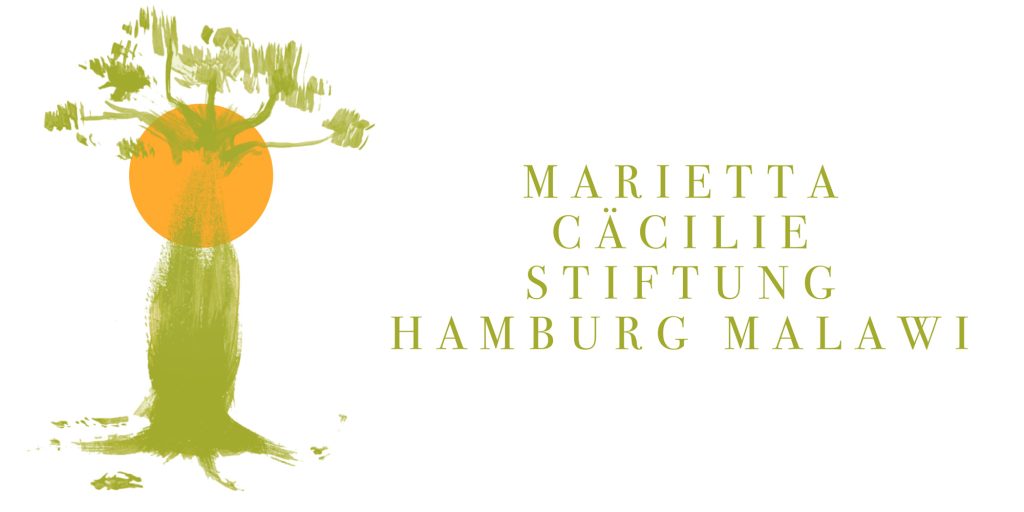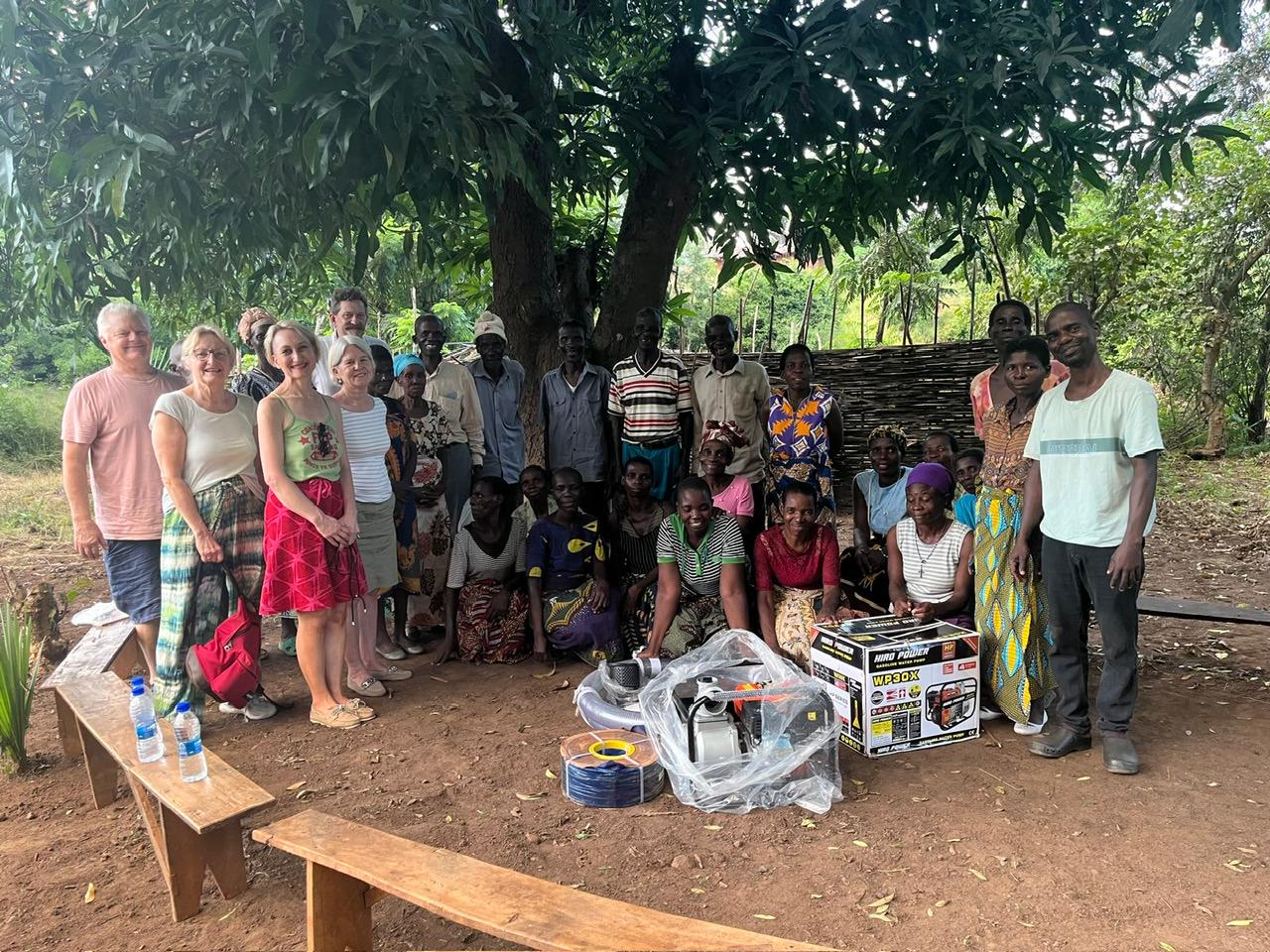Day 7 in Malawi – 16.3. 2025
Cäcilie and I wake up early in our stone cottage by the lake. We sit on the terrace and look out over the lake. From time to time, fishing boats pass by that seem to come from another era. Archaic-looking wooden boats that are moved by physical strength. Even on the lake, time seems to have stood still at some point.
We spend the morning at our lodge talking, reading, doing nothing – recharging our batteries for the next day at the hospital. With a little time to talk, we get to grips with the issues that each of us is concerned about in poor Malawi. We are talking about the generously equipped sewing room in the secondary school. At least 20 Singer sewing machines are lined up there, waiting to be used. But for what? Africa is so flooded with old clothes from Europe that the demand is more than covered. The huge Red Cross shipments, which are sent with the best of intentions, threaten domestic production. With this oversupply of European used clothing, what else should be produced in Africa? Our mass supply of fashion, our extremely fast-moving clothing industry tempts people to buy more and more, which are then disposed of in the used clothing container and put the Singer machines in Malawi out of work. A toxic cycle!
Around midday, we drive back towards Mua. In the afternoon, Geoffrey, the head nurse, is waiting for us at the hospital. A wonderful man with a great sense of humor, a high level of expertise and a big heart for his patients. He has invited us to meet the HIV self-help group he founded.
Guided by him, we meander through half-high grass. We often look down in the hope that no one will sneak up on us. At the end of the rainy season, there are lots of snakes out and about. A wonderful trail that once again shows us the beauty of nature in this country. Our destination is a mighty tree. Under its branches, the HIV self-help group has gathered in a circle on wobbly benches. About 30 people – young and old, women and men. They all beam at us in their very poor outfits. The joy at our arrival is written all over everyone’s face. Geoffrey introduces us and the group. He founded it a year ago. HIV is very widespread in Africa, including Malawi. With this group, he wants to make people with the disease visible and bring them out of hiding.
And more! Together they become ambassadors, go into the villages, confess their infection and inform people how to protect themselves, but also how to deal with the disease. Geoffrey wants to bring the disease to light, to give people back their dignity by not just reducing them to their status as HIV positive people, but by giving them a meaning as ambassadors. As ambassadors who convey to the people in their villages that health is also their own responsibility. In the middle of the circle is a donated water pump. We learn that it will be used to cultivate a piece of land belonging to the group in order to achieve two harvests a year with the help of the pump. My image of Africa is once again turned upside down by these energetic, forward-looking people. Deeply impressed by the group, which draws strength from its fate, develops new self-confidence and responsibility, we set off on our way back through the twilight. Each individual has been given meaning by the wonderful Geoffrey. These are the heroes I meet in this country.
